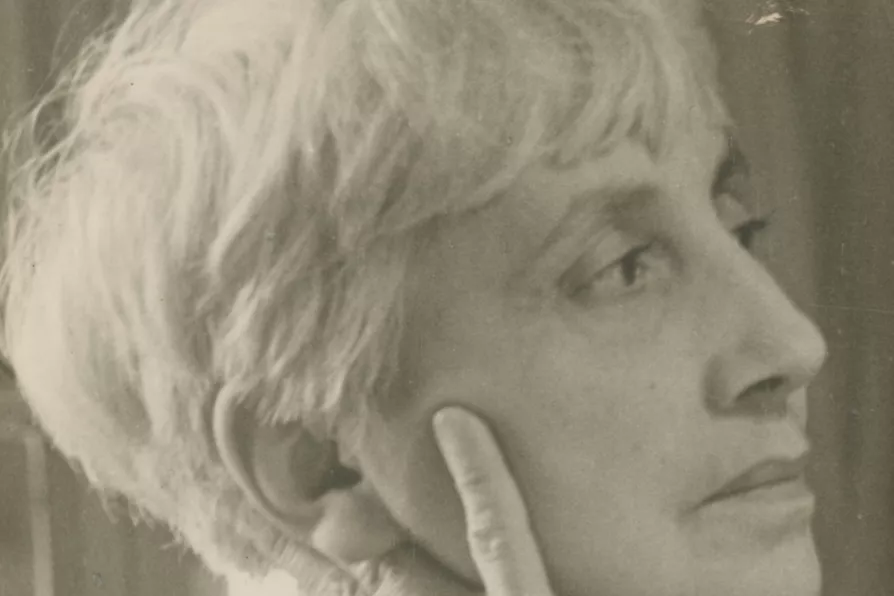SIMON PARSONS applauds an original, visual and movement-based take on the birth and death of a relationship

 REVERED FIGURE: Winett de Rokha
REVERED FIGURE: Winett de Rokha
MIGUEL DE CERVANTES, widely regarded as the greatest writer in the Spanish language and one of the world’s pre-eminent novelists, was kept in captivity between 1575 and 1580 in the city of Algiers, then one of the most cosmopolitan cities of the Ottoman empire.
After his return to Spain, he briefly worked in Andalusia as a purchasing agent for the Spanish navy. This led to his imprisonment for a few months in Seville after a banker with whom he had deposited Crown funds went bankrupt.
It was during his brief stay at a jail in Seville that Cervantes started his masterpiece Don Quixote, a picaresque narrative that would become a founding work of Western literature — it’s often labelled the first modern novel.

LEO BOIX introduces a bold novel by Mapuche writer Daniela Catrileo, a raw memoir from Cuban-Russian author Anna Lidia Vega Serova, and powerful poetry by Mexican Juana Adcock

A novel by Argentinian Jorge Consiglio, a personal dictionary by Uruguayan Ida Vitale, and poetry by Mexican Homero Aridjis












